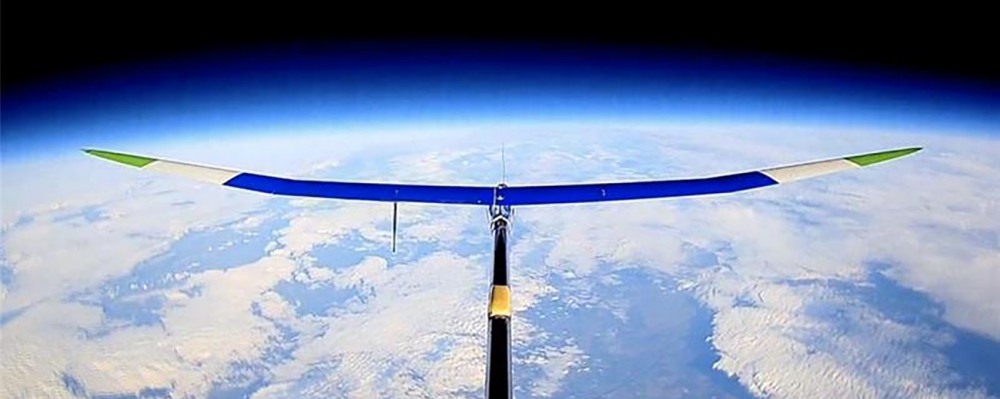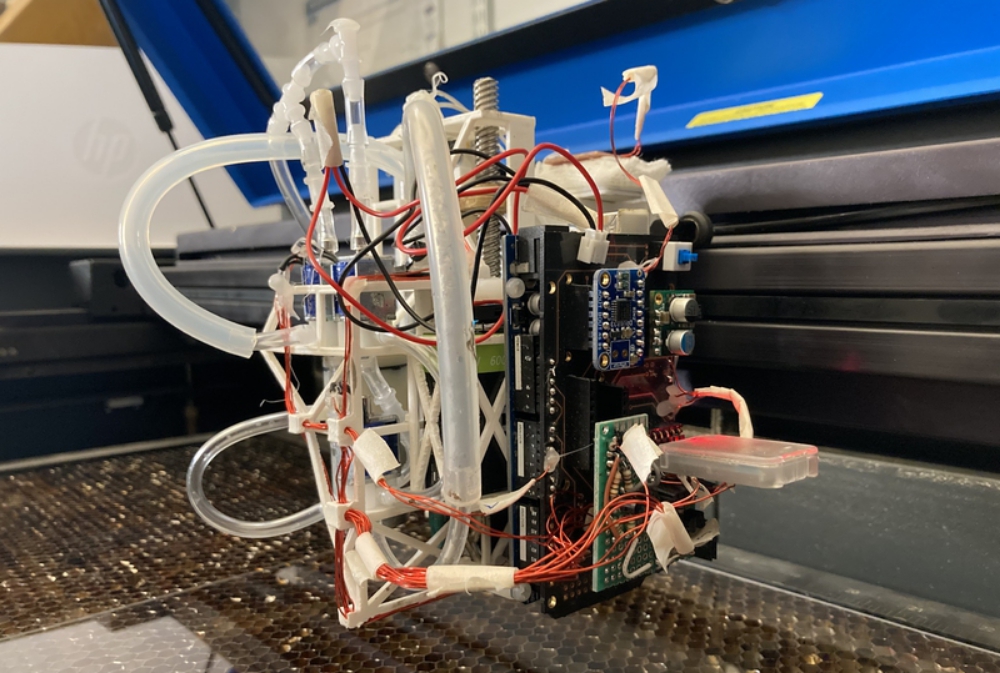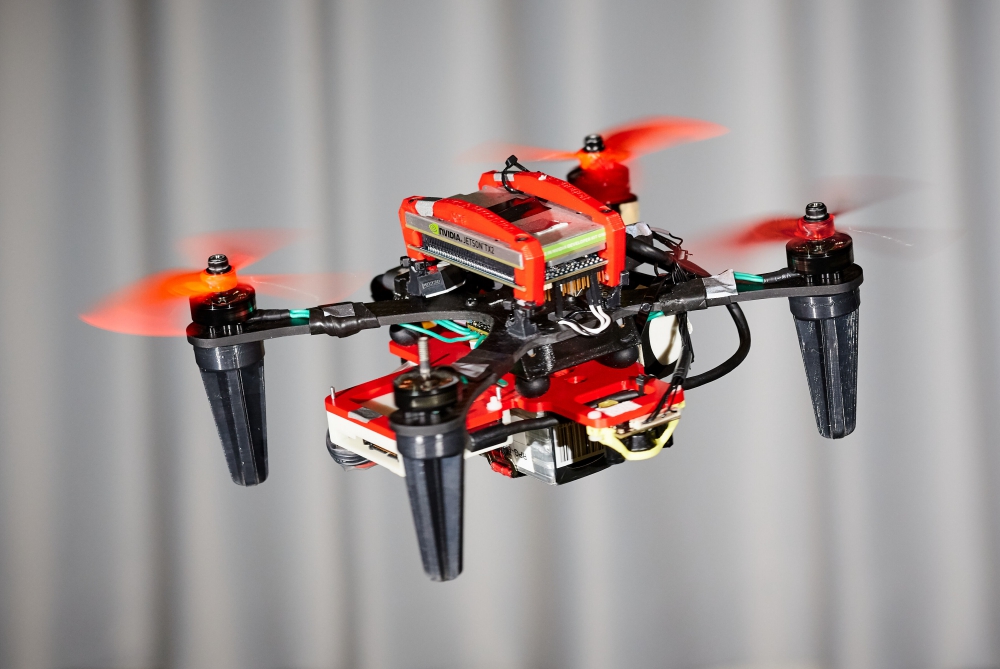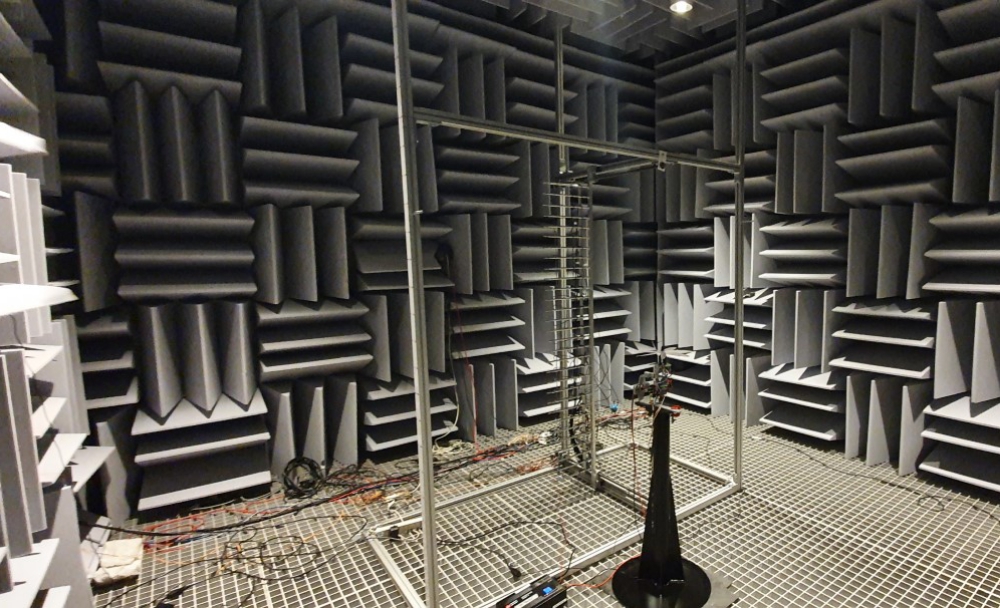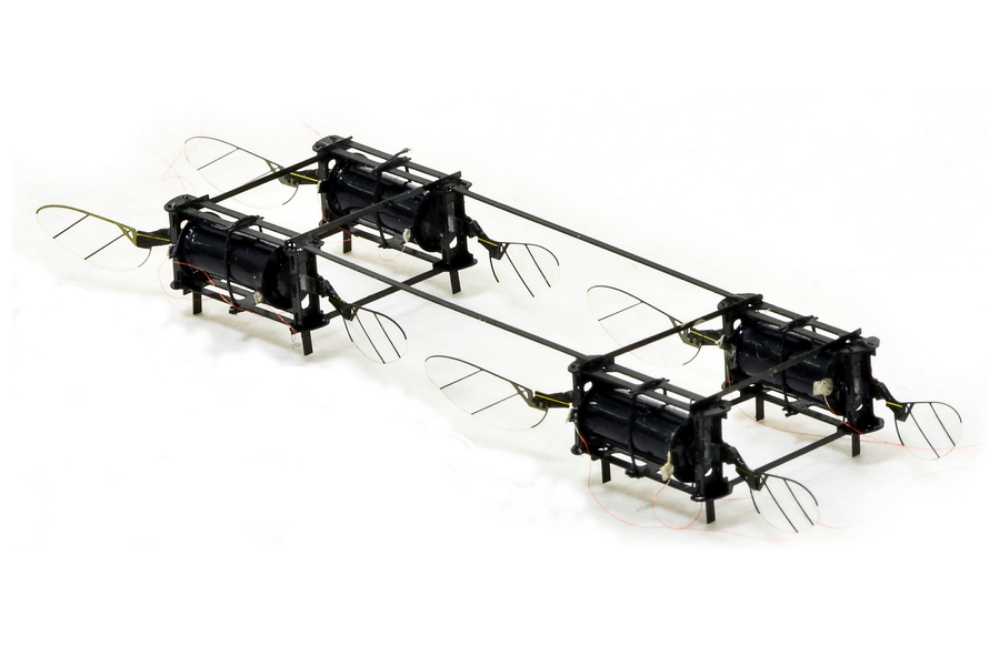‘‘U-SPACE INSIGHT’’, an international survey on U-space is now online. It is being conducted in the framework of the AW-Drones Project, which is funded by the European Union under the Horizon 2020 Programme. The survey has been put together with the assistance of 23 subject matter experts with complementary expertise from Belgium, France, Germany, The Netherlands & Spain, and is available in 4 languages. Continue reading
Category Archives: Research
Bees and Drones Team up to Find Landmines
Mines are still present in Croatia, Bosnia and Herzegovina, and many countries through the world. Humanitarian demining is expensive, time consuming and presents high risks and threats. Besides well-developed techniques and procedures, use of biological methods is recommended. Existing bio-systems, including bee colonies, can be trained and used efficiently as standalone detection tools. Continue reading
NASA Microphone Detects Turbulence Hundreds of Miles Away
Whether it’s in the wake vortex of airplanes taking off or in seemingly calm air, there are few issues more meddlesome to flight than turbulence. Not only can these “horizontal tornadoes” make air travel uncomfortable and possibly dangerous, but attempts to avoid them can consume large amounts of fuel. Researchers at NASA have developed technology to find these zones, and with some engineering ingenuity, they could revolutionize both flight planning and aeronautical research. Continue reading
MIT’s LaserFactory Fabricates Fully Functional Drones
A group from MIT’s Computer Science and Artificial Intelligence Laboratory (CSAIL) recently developed a new system to print functional, custom-made devices and robots, without human intervention. Their single system uses a three-ingredient recipe that lets users create structural geometry, print traces, and assemble electronic components like sensors and actuators. Continue reading
How to Keep Drones Flying When a Motor Fails
Robotics researchers at the University of Zurich show how onboard cameras can be used to keep damaged quadcopters in the air and flying stably – even without GPS. Continue reading
Drone Propellers to Get Quieter
Researchers at the Royal Melbourne Institute of Technology (RMIT) in Australia have published a study revealing their successful approach to designing much quieter propellers.
MIT Researchers’ New Generation of Tiny, Agile Drones
Insects can be remarkably acrobatic and resilient in flight. Those traits help them navigate the aerial world, with all of its wind gusts, obstacles, and general uncertainty. Such traits are also hard to build into flying robots, but MIT Assistant Professor Kevin Yufeng Chen has built a system that approaches insects’ agility. Continue reading
Iris Automation Joins World Economic Forum’s Global Innovators Community
Iris Automation has been invited to join the World Economic Forum’s Global Innovators community, an invitation-only group of the world’s most promising start-ups and scale-ups that are at the forefront of ethical technological and business model innovation. Continue reading



